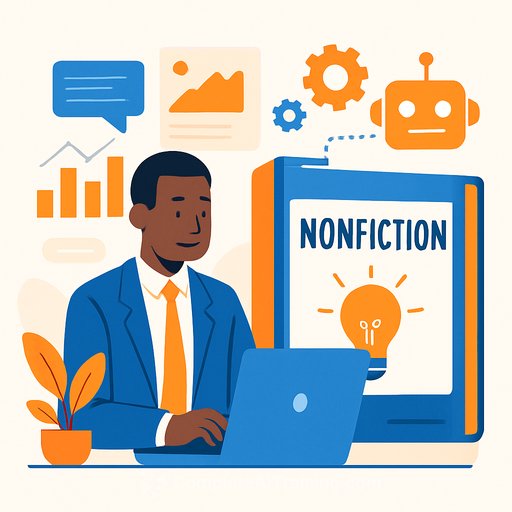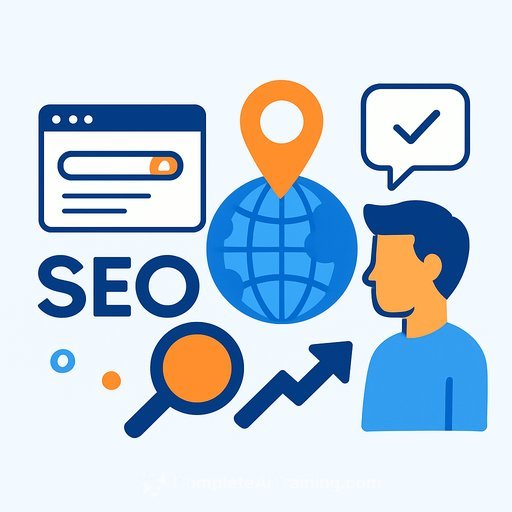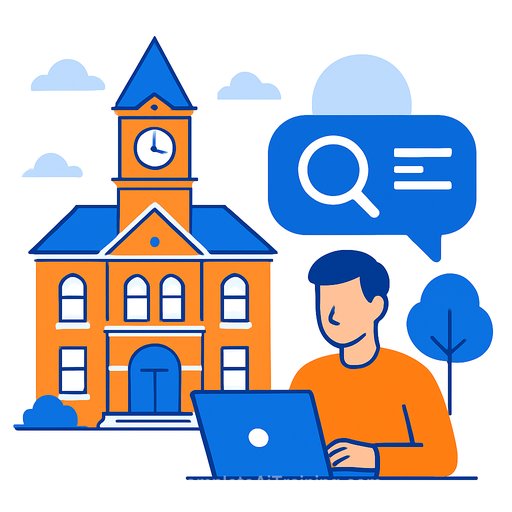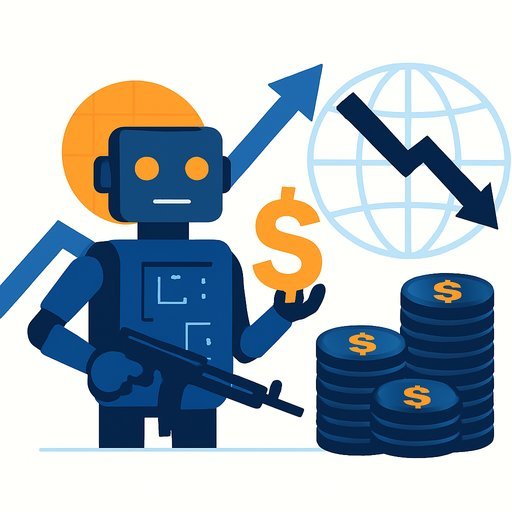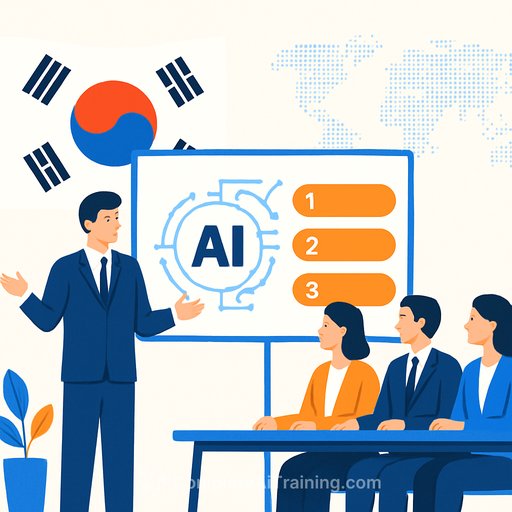How Business Executives Can Use AI To Market Their Nonfiction Books
AI tools can simplify book marketing by handling tasks such as content creation, campaign planning, and identifying target audiences. While AI provides useful marketing suggestions, human oversight is essential to ensure accuracy and alignment with industry standards. Authors can use AI to save time, improve efficiency, and reach ambitious sales targets, making AI a practical promotional resource. To get the best results, it’s crucial to craft specific prompts, integrate AI early in the marketing process, and carefully review AI-generated content for authenticity.
The Importance of Nonfiction Books for Executives
Nonfiction books offer executives a strong platform to establish themselves as thought leaders and strengthen their personal brands. Marketing these books has become easier with AI tools. With millions of new books published annually, standing out is a challenge. AI accelerates the process of researching, writing, editing, and publishing, increasing the number of titles flooding the market. Nearly half of recent authors have adopted generative AI to assist their work, helping them keep pace.
Book Publishing Reality Checks
Using AI to write or support book creation has its challenges. Some publishers restrict or require disclosure of AI-generated content. For example, Amazon mandates authors to disclose AI use and ensure compliance with content guidelines and intellectual property rules.
Regardless of AI use, most authors—whether self-published or traditionally published—are responsible for marketing their books. Marketing should ideally start several months before publication to build interest, encourage preorders, and generate buzz. Many authors mistakenly think their work ends after writing, but promotion remains a critical ongoing effort.
AI-Generated Book Marketing Strategies
Initial AI marketing advice often covers standard tactics like building an online presence, using social media, email marketing, events, advertising, press releases, and gathering reviews. While these are valid, some suggestions like advertising can be costly and less effective depending on the author’s resources and experience. Publicity and brand reinforcement typically yield better results without the high expenses of paid ads.
Target Audiences And Tactics
More advanced AI tools can offer tailored marketing campaigns, identifying target audiences, key messages, timelines, and relevant hashtags. However, some AI suggestions may miss critical nuances, such as timing for sending advance review copies or setting preorder dates. For example, sending copies to reviewers at least three months before publication is more effective than a shorter lead time. Also, not all tools recommend important platforms like Goodreads or NetGalley, which are vital for generating reviews and interest.
These gaps highlight the value of consulting experienced authors or publishers if possible. AI is a helpful starting point but doesn’t yet replace expert human guidance.
Real-World Examples of AI in Book Marketing
Entrepreneur Randy Charach used AI to streamline his marketing for Client Centric. He relied on ChatGPT for personalized outreach emails, SurferSEO for blog guidance, Jasper.ai and AdCreative.ai for ad copy testing, and Ocoya for social media posts. He always added his personal touch to keep messaging authentic.
Zarna Garg’s daughter Zoya managed a six-month AI-powered campaign for This American Woman: A One-in-a Billion Memoir. She utilized ChatGPT for campaign organization, Claude for data analysis, ManyChat for messaging links, and Grok for team motivation visuals. Zoya also used ChatGPT Voice to rehearse sales pitches, refining clarity and value propositions. Their campaign reached 14,000 preorders and landed on the New York Times bestseller list. This example shows how AI can reduce workload while maintaining creative authenticity.
7 AI Best Practices for Book Marketing
- Define clear goals: Know what you want AI to achieve in your marketing efforts.
- Request focused strategies: Ask AI for specific plans aligned with your publishing timeline.
- Be specific: Include publication details when seeking AI guidance to get relevant advice.
- Set deadlines: Have AI recommend priorities and timelines for your marketing tasks.
- Edit thoroughly: Always review AI-generated materials to ensure accuracy and your unique voice.
- Check publisher policies: Confirm any restrictions or disclosure requirements for AI use.
- Start early and experiment: Test different AI tools before launch and seek second opinions.
Executives who handle their own book marketing can use AI as an affordable support system for strategy and campaign management. Even basic advice from AI is better than no guidance, as long as authors assess the quality and relevance of the information.
For those looking to deepen their AI skills and explore practical applications in marketing and content creation, resources like Complete AI Training’s latest courses offer valuable learning opportunities.
Your membership also unlocks:

